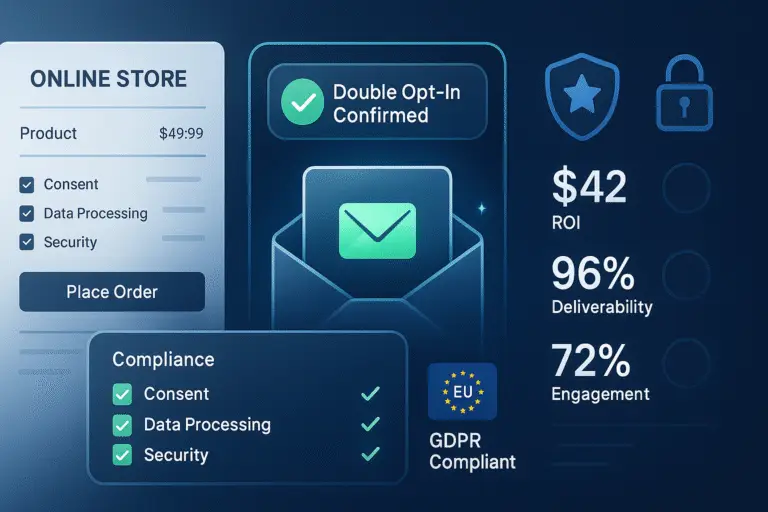As a freelancer, understanding tax deductions is crucial for maximizing your income and ensuring financial success in your self-employed journey. The freelancer tax deductions guide provides essential information about legitimate write-offs including home office deduction, business expenses, and tax benefits for those using co-working spaces or rented offices.
We’ll cover the following areas:
- Home office deduction requirements and calculation methods
- Essential business expenses deductions freelancers often overlook
- How to properly document and claim travel expenses as a freelancer
- Tax advantages of co-working spaces and rented office deductions
- Self-employment tax strategies and record-keeping best practices
Understanding Home Office Deduction for Freelancers
The home office deduction can be one of the most valuable tax benefits for freelancers who work from home. To qualify, you must use part of your home exclusively and regularly for business purposes. This space must be your principal place of business or where you regularly meet clients.
There are two methods to claim this deduction:
Simplified Method
The simplified option allows you to deduct $5 per square foot of your home used for business, with a maximum of 300 square feet. This means a potential deduction of up to $1,500 annually. This method requires minimal record-keeping and is perfect if you’re just starting out.
Regular Method
The regular method requires calculating the percentage of your home used for business and applying that percentage to actual home expenses. These expenses include:
- Mortgage interest or rent
- Property taxes
- Utilities (electricity, gas, water)
- Insurance
- Repairs and maintenance
- Depreciation (if you own your home)
While this method can potentially yield a larger deduction, it requires detailed documentation and calculations. You’ll need to track all these expenses throughout the year and maintain records for at least seven years.

Essential Business Expenses Freelancers Can Deduct
Beyond your home office, various business expenses can significantly reduce your taxable income. As a freelancer, I’ve found that tracking these expenses throughout the year makes tax time much less stressful.
Office supplies deduction covers items like paper, pens, printer ink, and other materials used exclusively for your business. Even small purchases add up over time, so save those receipts!
For technology needs, the equipment deduction allows you to write off essential tools like laptops, printers, cameras, and software. For high-cost items, you can either deduct the full cost in the year of purchase (using Section 179) or depreciate the cost over several years.
Professional expenses that qualify for deduction include:
- Professional organization memberships
- Continuing education costs
- Professional licensing fees
- Business books, publications and subscriptions
- Professional services (accountant, lawyer, consultant fees)
Don’t forget that advertising and marketing deductions cover website costs, business cards, and online advertising expenses. Even the cost of attending networking events may qualify as a marketing expense.
Self-Employment Tax Deduction Explained
As both employer and employee, freelancers pay a self-employment tax of 15.3%, covering both parts of Social Security and Medicare taxes. The good news? You can deduct half of this tax on your personal tax return, which helps offset the higher tax burden.
This deduction is calculated on Schedule SE and then transferred to your 1040 form. It’s an above-the-line deduction, meaning you can take it regardless of whether you itemize deductions or take the standard deduction.
Additionally, you may qualify for the Qualified Business Income (QBI) deduction, which allows some self-employed individuals to deduct up to 20% of their business income. This relatively new deduction has specific requirements and limitations, so consulting with a tax professional is recommended.

Travel and Transportation Deductions for Freelancers
Can freelancers deduct travel and hotel expenses on taxes? Absolutely! When you travel primarily for business purposes, you can deduct transportation, accommodation, and related expenses.
For travel expenses deduction to qualify, your trip must:
- Have a clear business purpose
- Take you away from your tax home (generally your city or general area of work)
- Last longer than a normal workday
- Require sleep or rest
Keep in mind that if your trip combines business and personal activities, you can only deduct the portion related to business. Maintain detailed records including dates, business purpose, and receipts for all expenses.
For local transportation, you can deduct costs of getting from one work location to another. If you use your personal vehicle, track your business mileage and choose between:
- Standard mileage rate (currently 65.5 cents per mile for 2023)
- Actual expense method (tracking all car-related expenses and applying the business-use percentage)
Tax Deductions for Co-Working Spaces and Rented Offices
If you’ve moved beyond your home office, co-working space memberships and rented office expenses are fully deductible as business expenses. These costs are typically easier to document than home office expenses and don’t require meeting the “exclusive use” test.
The office rent deduction covers:
- Monthly membership fees for co-working spaces
- Traditional office space rent
- Utilities and internet costs specific to the rented space
- Deposit fees (deductible over the life of the lease)
One advantage of using co-working spaces is the clear separation between personal and business expenses. This simplifies record-keeping and potentially reduces audit risk compared to home office deductions.
For those who split their time between home and co-working spaces, you might still qualify for a partial home office deduction if you regularly use your home office exclusively for business. However, you’ll need to carefully document the use of each space.

Insurance and Business Protection Deductions
Various types of insurance related to your freelance work qualify for the business insurance deduction:
- Professional liability insurance
- Business property insurance
- Cyber liability insurance
- Business interruption insurance
Additionally, health insurance premiums may be deductible as an above-the-line expense for self-employed individuals, reducing your adjusted gross income. This can include coverage for yourself, your spouse, and dependents.
Record-Keeping Best Practices for Freelancers
Proper documentation is essential for supporting your deductions and providing evidence if you’re ever audited. I’ve found these practices particularly helpful:
- Use dedicated business accounts and credit cards to separate personal and business transactions
- Implement a digital receipt management system (apps like QuickBooks Self-Employed, Wave, or Expensify)
- Create a consistent system for categorizing expenses throughout the year
- Maintain a mileage log if you deduct vehicle expenses
- Keep all tax records for at least seven years
For the home office deduction particularly, take photos of your workspace annually to document its exclusive business use. This visual evidence can be invaluable in case of an audit.
Common Deduction Mistakes to Avoid
Even experienced freelancers sometimes make errors that can trigger IRS scrutiny or leave money on the table:
- Failing to keep adequate records or receipts
- Not separating personal and business expenses properly
- Claiming 100% business use for mixed-use items without proper documentation
- Taking the home office deduction without meeting the exclusive use requirement
- Overlooking smaller deductions that add up over time
One common error is claiming entertainment expenses, which are generally no longer deductible under current tax law, while business meals are still partially deductible (currently 50% in most cases).

Conclusion: Maximizing Your Freelance Tax Deductions
Understanding and properly claiming tax deductions is an essential skill for freelancers that directly impacts your bottom line. From home office deduction to business expenses and co-working space costs, these write-offs can significantly reduce your taxable income.
The key to successful tax planning lies in consistent record-keeping throughout the year, understanding which expenses qualify, and staying updated on tax law changes. Consider consulting with a tax professional who specializes in self-employment taxes to ensure you’re maximizing your deductions while staying compliant.
What tax deductions have made the biggest difference in your freelance business? I’d love to hear your experiences and questions in the comments below!
Discover more from SaaSPrism
Subscribe to get the latest posts sent to your email.








